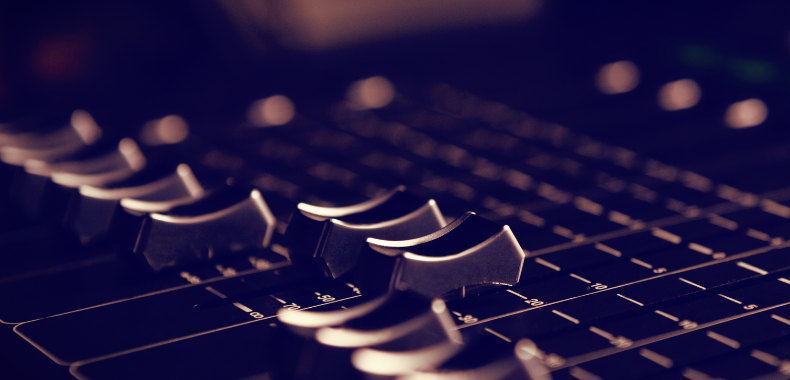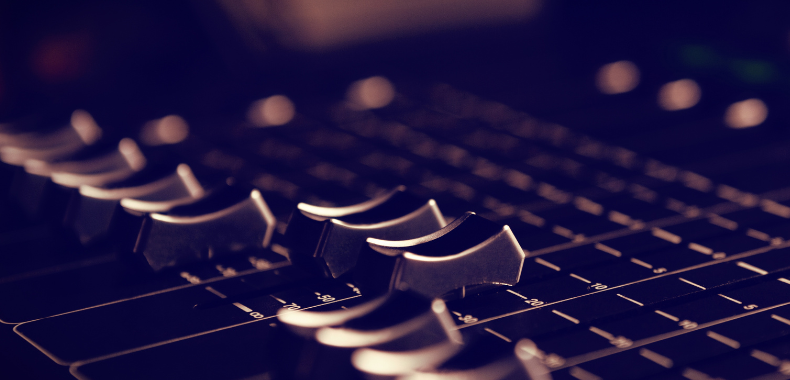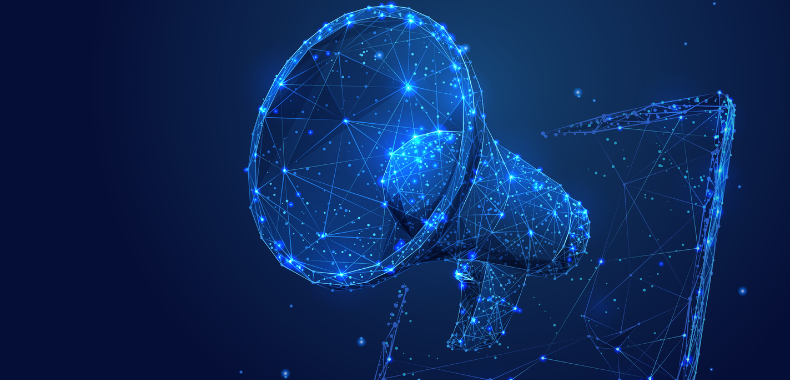With the entry into force of the Brazilian General Personal Data Protection Law – Law No. 13.709/2018 (“LGPD”) in September 2020, in Brazil, many doubts arose about how it would be applied in labor relations, relations that use a massive number of personal data. With the Law, there was an obligation for employers to have more attention in how they process personal data and, also, in how they guide their employees to process personal data correctly on their behalf.
Initially, it should be noted that the LGPD does not overlap with the Brazilian labor law, but complements it, in order to guarantee greater protection to its data subjects. Regarding hospitals, the obligation to process data in accordance with the law becomes even more evident, considering that a large part of the data processed is considered special category data, as it involves health data. The risk becomes even greater considering that the data subjects may involve children, teenagers and the elderly, an even more vulnerable group of people.
Given this scenario, in an unprecedented sentence, a nurse had his request for constructive termination dismissed due to a LGPD violation, which is why the hospital requested his discharge with cause in the employment claim.

In order to prove, in the lawsuit, the allegation that the hospital had committed faults and failed to comply with labor obligations, the claimant attached spreadsheets of the Hospitalization Management System to the suit. The hospital, in turn, claimed that this would be a very serious fault, due to appropriation of confidential documents, which the employee would only have access because of his position held.
According to the judgment, “the claimant violated the intimacy and privacy of third parties, natural persons who are clients of the defendant, and violated the General Personal Data Protection Law – LGPD, using special category data illegally. Also, it made the company violate the LGPD, as it was responsible for guarding the special category data of its clients. Finally, the claimant failed to comply with the express rule of the defendant, of which the claimant was duly informed.”
In that case, it is essential that, besides the need to implement technical and organizational security measures, it is really important the dissemination of a data protection culture internally, a right that is even considered a fundamental right by the Brazilian Federal Constitution of 1988.
It is undeniable that the scenario of LGPD application, in lawsuits in Brazil, is still very new. This judgment, however, demonstrated a trend of compliance with the Law, so attention will be needed for future decisions and how this symbiosis of data protection with labor relations will take place.
—
Author: Caroline Muniz and Cesar Peduti, Peduti Advogados.
Source: Empregado viola LGPD em Pedido de Rescisão Indireta e é Punido com Justa Causa
—
“If you want to learn more about this topic, contact the author or the managing partner, Dr. Cesar Peduti Filho.”
“Se quiser saber mais sobre este tema, contate o autor ou o Dr. Cesar Peduti Filho.”






